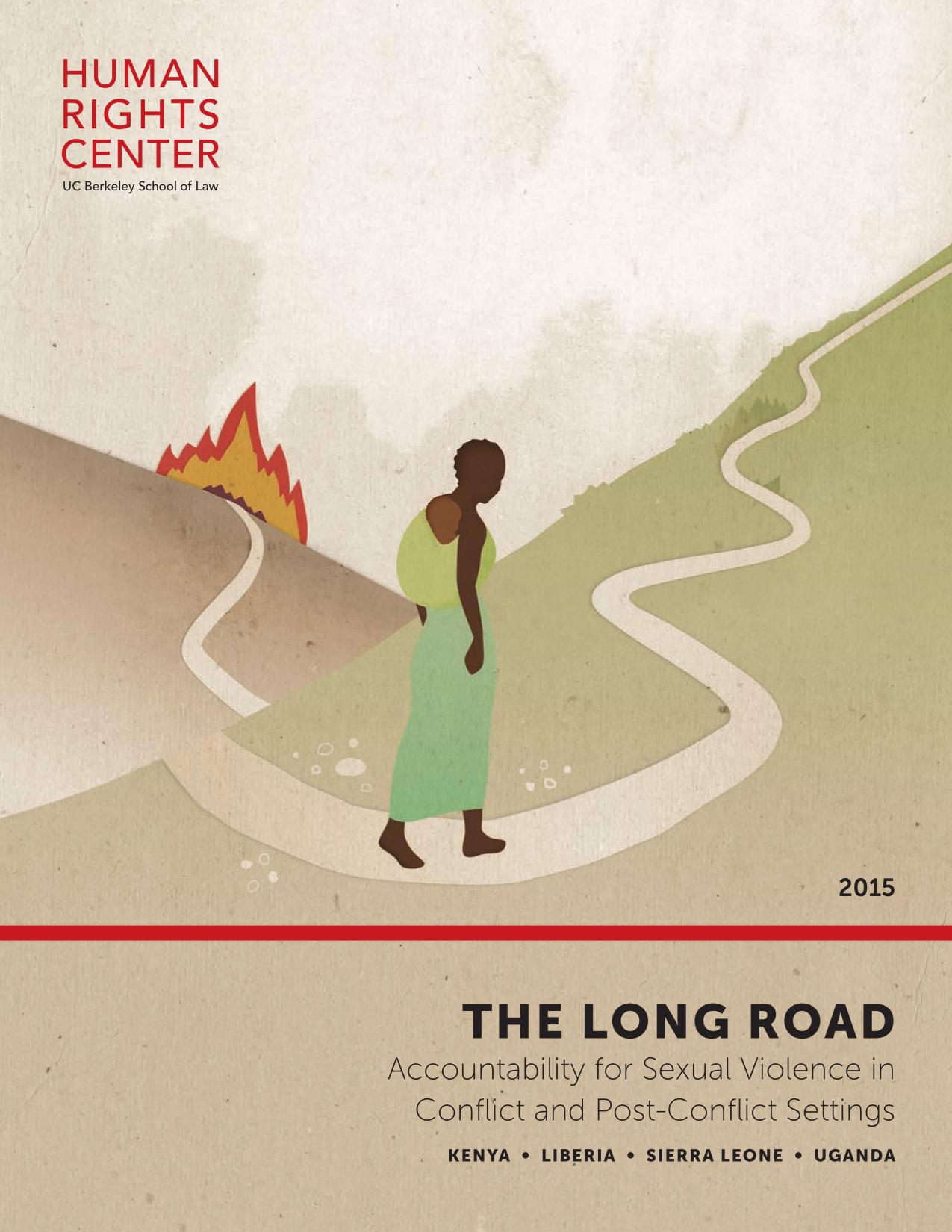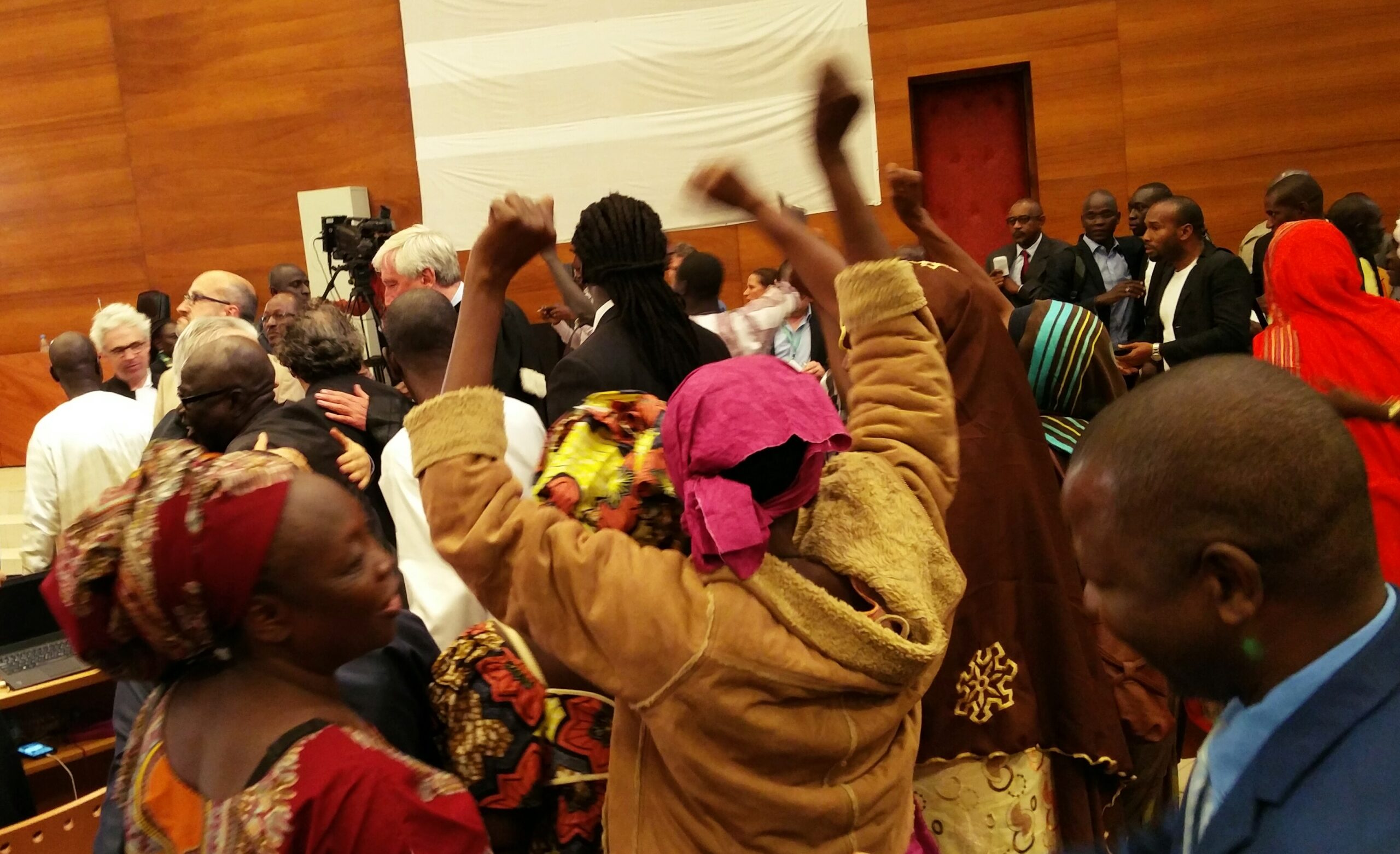The Long Road: Research on Domestic Accountability for Sexual and Gender-based Crimes in Conflict-affected Settings
Download PDFSummary
Acts of sexual violence committed during periods of armed conflict or political unrest are, first and foremost, crimes against the individual survivor. As such, they may be investigated and prosecuted locally under domestic penal or gender-violence laws that criminalize offences against the person. However, where these acts are committed specifically because, or as part, of an armed conflict or larger attack on a civilian population, or plan to destroy a particular group of people, they may also constitute an international crime. Since the 1990s, international courts have made progress in prosecuting military commanders and civilian officials for their roles in perpetrating sexual violence as a war crime, as a crime against humanity, and as an act of genocide. However, these international tribunals often operate at significant geographic and historical distance from the events in question. Not surprisingly, they have faced serious challenges in collecting evidence, access to witnesses, and establishing defendants’ responsibility for acts they may not have personally committed. They may also have jurisdictional or practical constraints that limit the scope of events they can target. Researchers at the Human Rights Center conducted a four-country study in Kenya, Liberia, Sierra Leone, and Uganda to identify key accountability barriers and strategies for reporting, investigating, and prosecuting cases of sexual violence.

